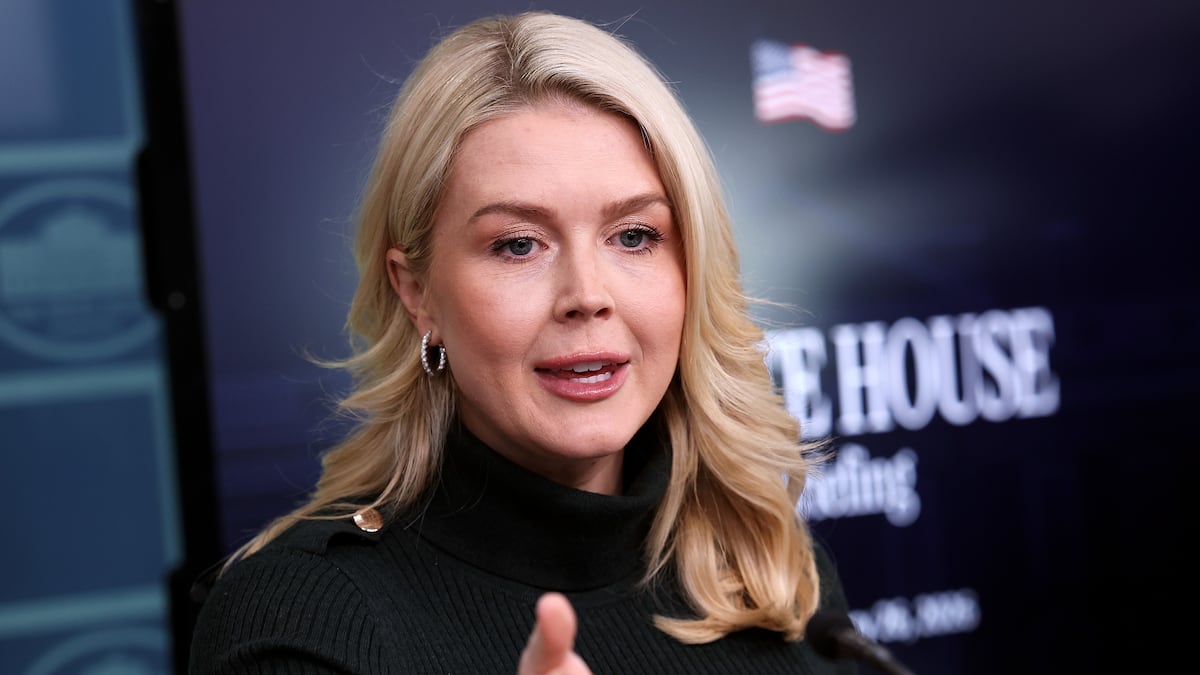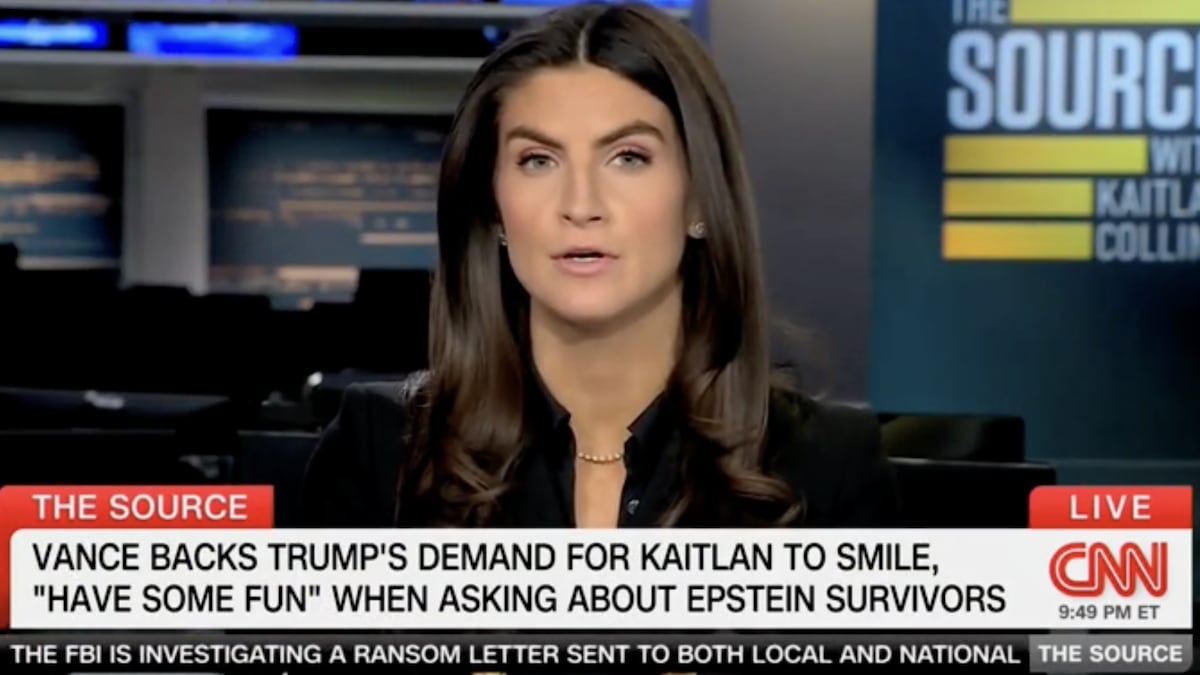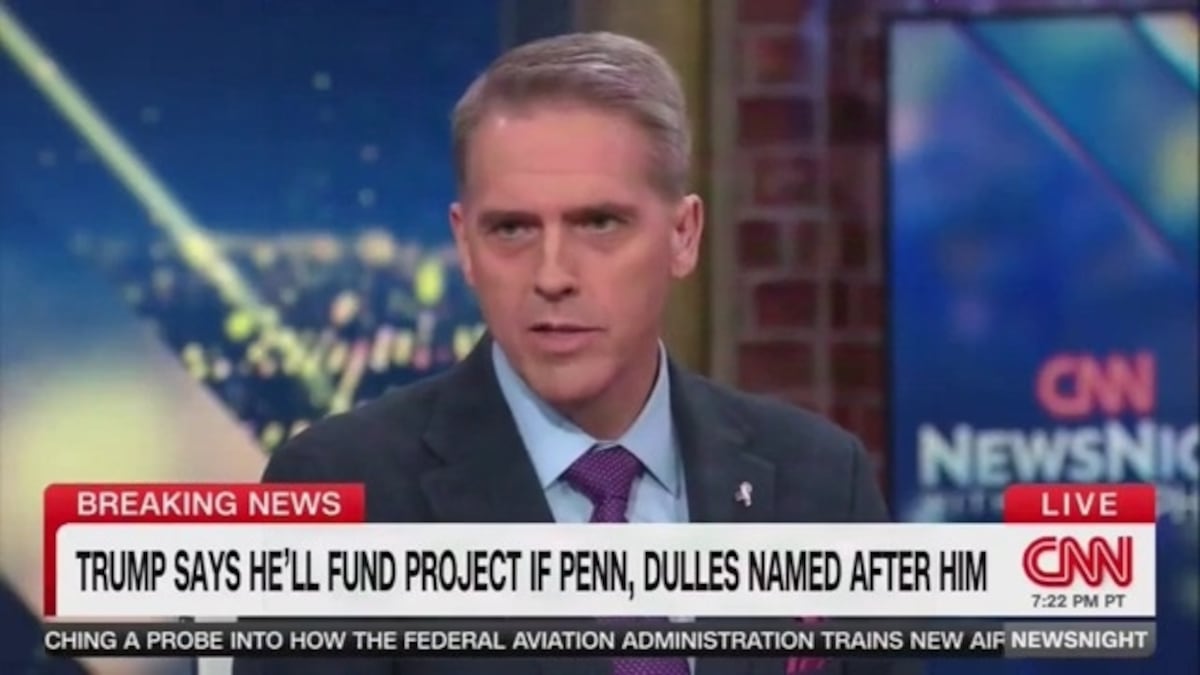Say your doctor calls you into his office and gives you some very bad news. "We think you have Alzheimer's."
Now he gives you some very good news: "But there's a promising experimental drug, and since we've caught it early, we can get you into the clinical trial. With luck, it won't progress any further than forgetting where you put your keys."
"How long until we know whether it's working?" You ask your doctor.
"Oh, anywhere between 8-10 years," he tells you.
Worrisome for you, but potentially disastrous for the pharmaceutical companies we want to discover and test these drugs. By the time the drug is all the way through the required trials, it will probably be pretty close to coming off patent, which means that even if you get an amazing new blockbuster, your profit window is pretty limited. The problem is, if you use less strict criteria for evaluating a drug, you risk approving an expensive boondoggle that doesn't really do much good.
Companies could test their drugs in later-stage patients, but most experts seem to think that early intervention--preventing damage instead of trying to repair it--is oging to be the most fruitful way to treat this horrible disease.
Well, the FDA has chosen to err on the side of approval. They're going to use performance on cognitive tests to evaluate drugs tested on early stage Alzheimer's patients, rather than "impairment of everyday function". Which is to say, you no longer have to stick a very early-stage Alzheimer's patient in a trial and wait for the years that it would ordinarily take them to develop serious impairment. Now you can look for earlier, more subtle signs, speeding the approval process up.
This does elevate hte risk that we'll end up with a few drugs of dubious efficacy, or that don't prevent the most troublesome ravages of the disease. On the other hand, given just how awful Alzheimers is, this strikes me as the right choice. Better to risk approving a less-effective drug than take the chance of missing one that is effective . . . and thereby losing more and more minds to the ravages of Alzheimers.
On a side note, if you want to know why health care costs keep going up, these sorts of tradeoffs are why.





